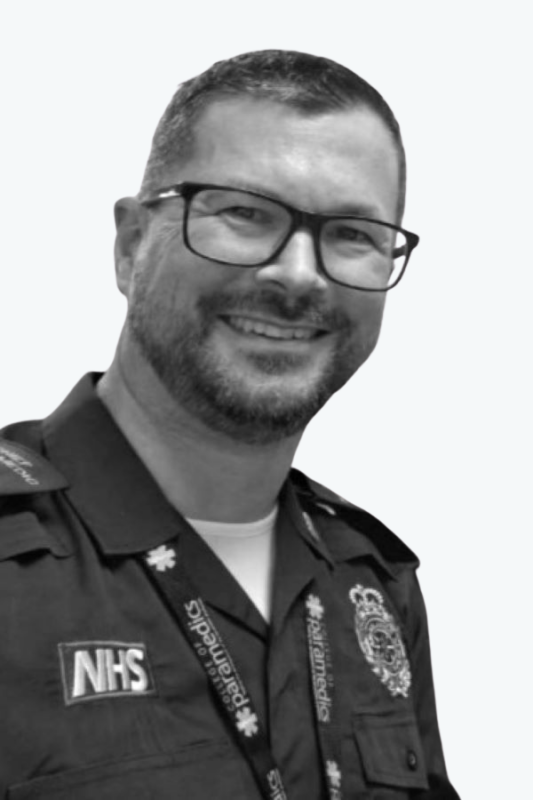Ricky Tokars' journey as an Emergency Medical Technician (EMT) is a testament to the resilience and dedication required in the field of emergency medical services. His story, intertwined with personal challenges and professional growth, offers valuable insights into the life of a first responder. Through his experiences, Ricky has not only honed his skills but also developed a profound understanding of the importance of quick thinking and compassion in high-pressure situations.
Aspiring first responders can draw inspiration from Ricky's path, which highlights the significance of continuous learning and adaptability. His career progression from a rigorous paramedic training program to becoming a skilled EMT exemplifies the commitment needed to succeed in this demanding yet rewarding profession. This article delves into Ricky's inspiring journey, offering life-saving tips and strategies for those eager to embark on a similar career path.
Ricky Tokars embarked on his career as an EMT after completing a challenging one-year paramedic program that included classroom instruction, hospital training, and hands-on experience in operating rooms. This comprehensive education equipped him with the necessary skills to handle emergencies effectively. His journey began in San Diego, where he gained invaluable experience that shaped his approach to patient care.
Building Foundations: Education and Training
Ricky's decision to pursue a career in emergency medical services was fueled by a desire to make a difference in people's lives. The rigorous training program he undertook at San Diego State University provided him with a solid foundation in medical knowledge and practical skills. Classroom sessions were complemented by real-world experiences in hospitals and operating rooms, allowing Ricky to apply theoretical concepts to actual scenarios.
This intensive training period was crucial in shaping Ricky's ability to remain calm under pressure and make swift, informed decisions. The three-month clinical rotation further enhanced his capabilities by exposing him to diverse medical cases and environments. These experiences reinforced the importance of teamwork and communication in emergency settings.
Ricky's educational journey was not just about acquiring technical skills; it was also about developing emotional resilience and empathy. Understanding the psychological aspects of emergency care became integral to his practice, enabling him to connect with patients on a deeper level.
A Career in Motion: Professional Milestones
After completing his training, Ricky transitioned into a role as an EMT in New York, a city known for its fast-paced environment and diverse population. This new chapter presented unique challenges that tested his abilities and pushed him to grow professionally. Working in such a dynamic setting allowed Ricky to refine his skills while adapting to various cultural and linguistic barriers.
Ricky's career milestones include numerous successful interventions and rescues, each contributing to his reputation as a reliable and competent first responder. His ability to think critically and act decisively has saved countless lives, reinforcing the critical role EMTs play in the healthcare system. Through these experiences, Ricky learned the importance of staying updated with the latest medical technologies and protocols.
His professional network expanded significantly during this period, connecting him with fellow healthcare professionals who shared his passion for excellence. These relationships have been instrumental in providing support and fostering collaboration, essential elements for sustaining a successful career in emergency services.
Lessons Learned: Tips for Aspiring First Responders
Ricky's journey offers several key lessons for aspiring EMTs and first responders. Firstly, the importance of thorough preparation cannot be overstated. Engaging in comprehensive training programs and seeking opportunities for hands-on experience are vital steps towards building a strong foundation in the field.
Additionally, maintaining a balance between technical proficiency and emotional intelligence is crucial. Developing empathy and effective communication skills enables first responders to provide holistic care that addresses both physical and emotional needs. Ricky emphasizes the need for continuous learning and adaptation to evolving medical practices and technologies.
Finally, cultivating a supportive professional network can significantly enhance one's career prospects. Collaborating with peers and mentors fosters an environment conducive to growth and innovation. By following these principles, aspiring first responders can navigate the complexities of their roles with confidence and competence, much like Ricky Tokars has done throughout his inspiring career.

